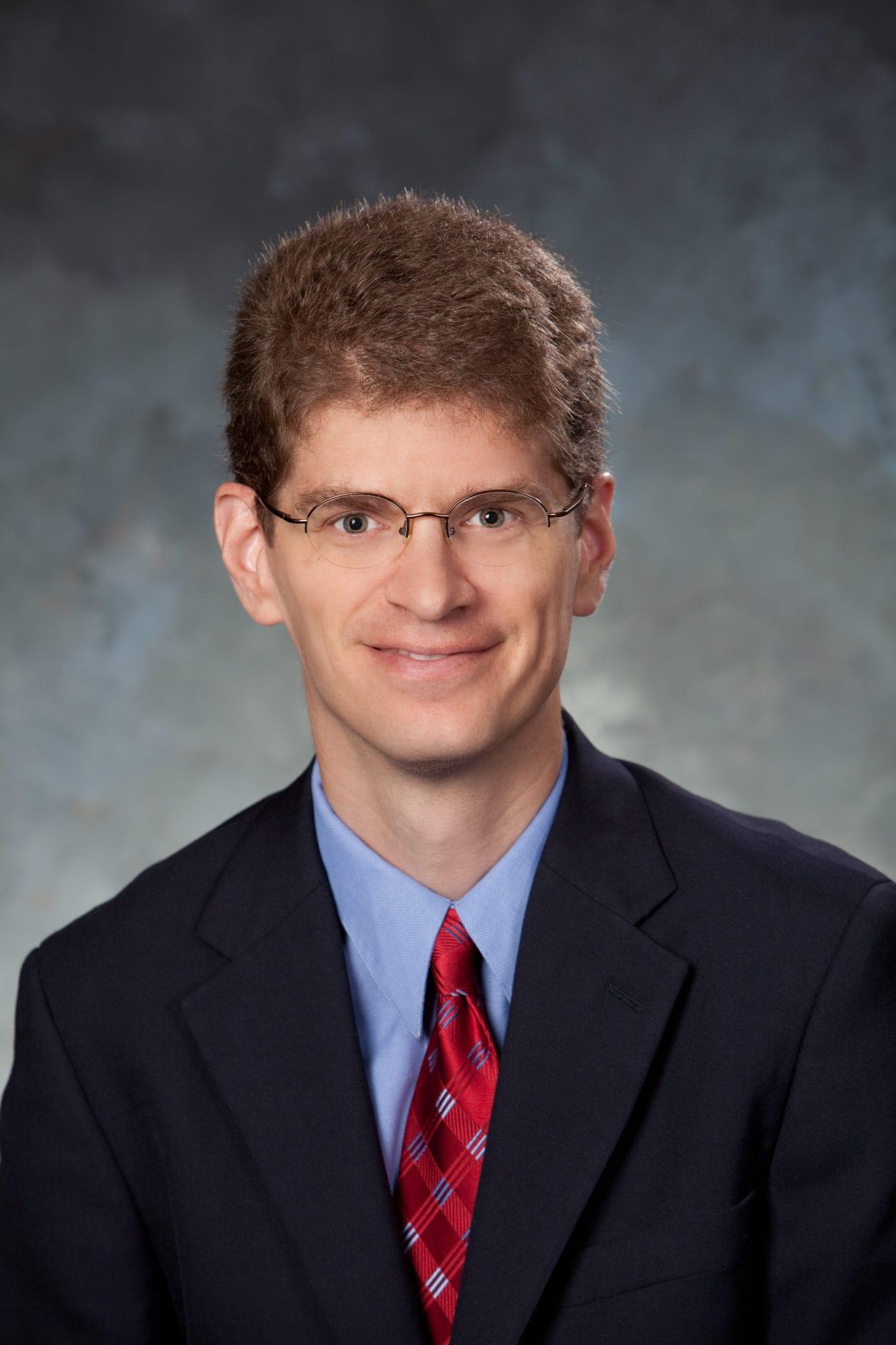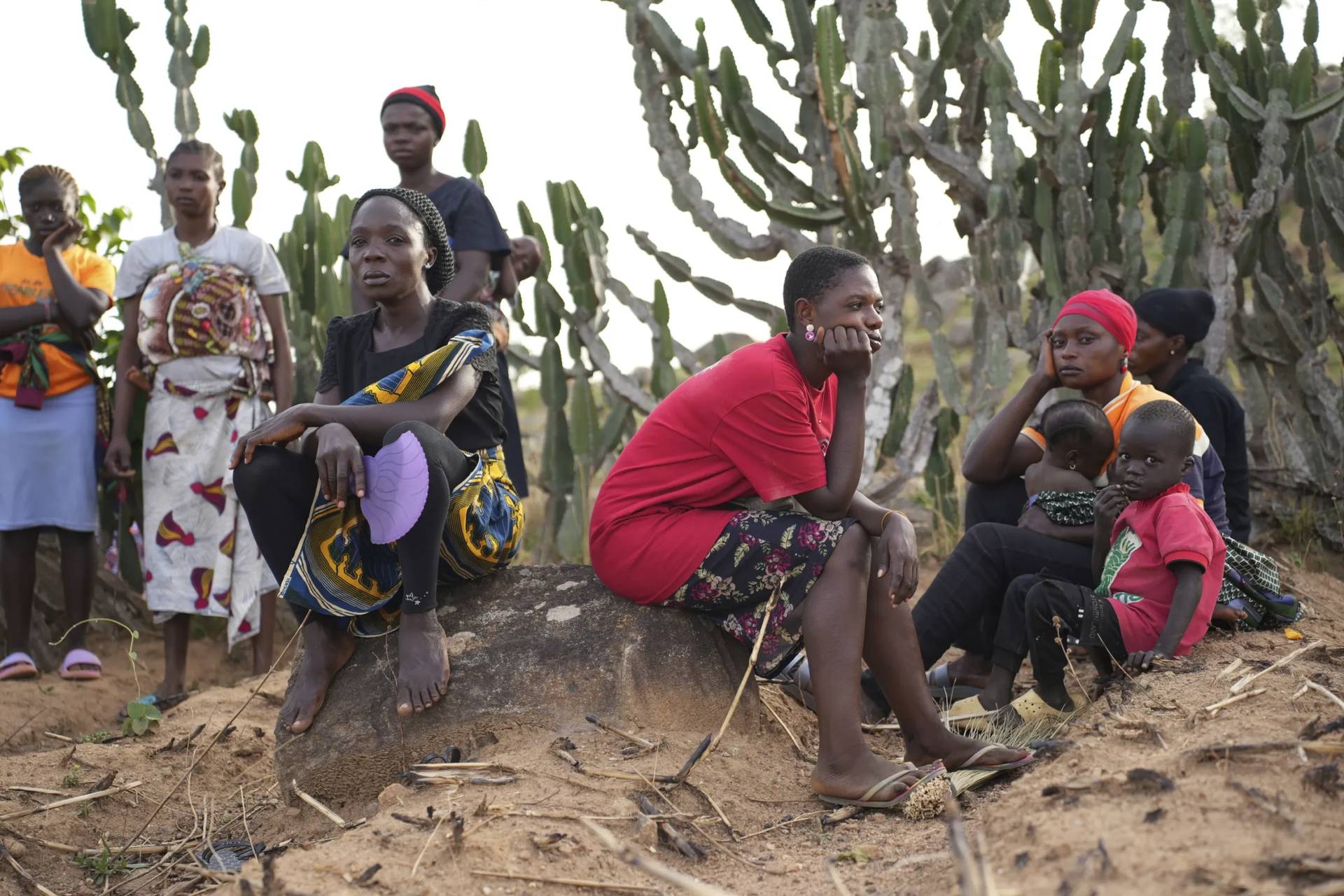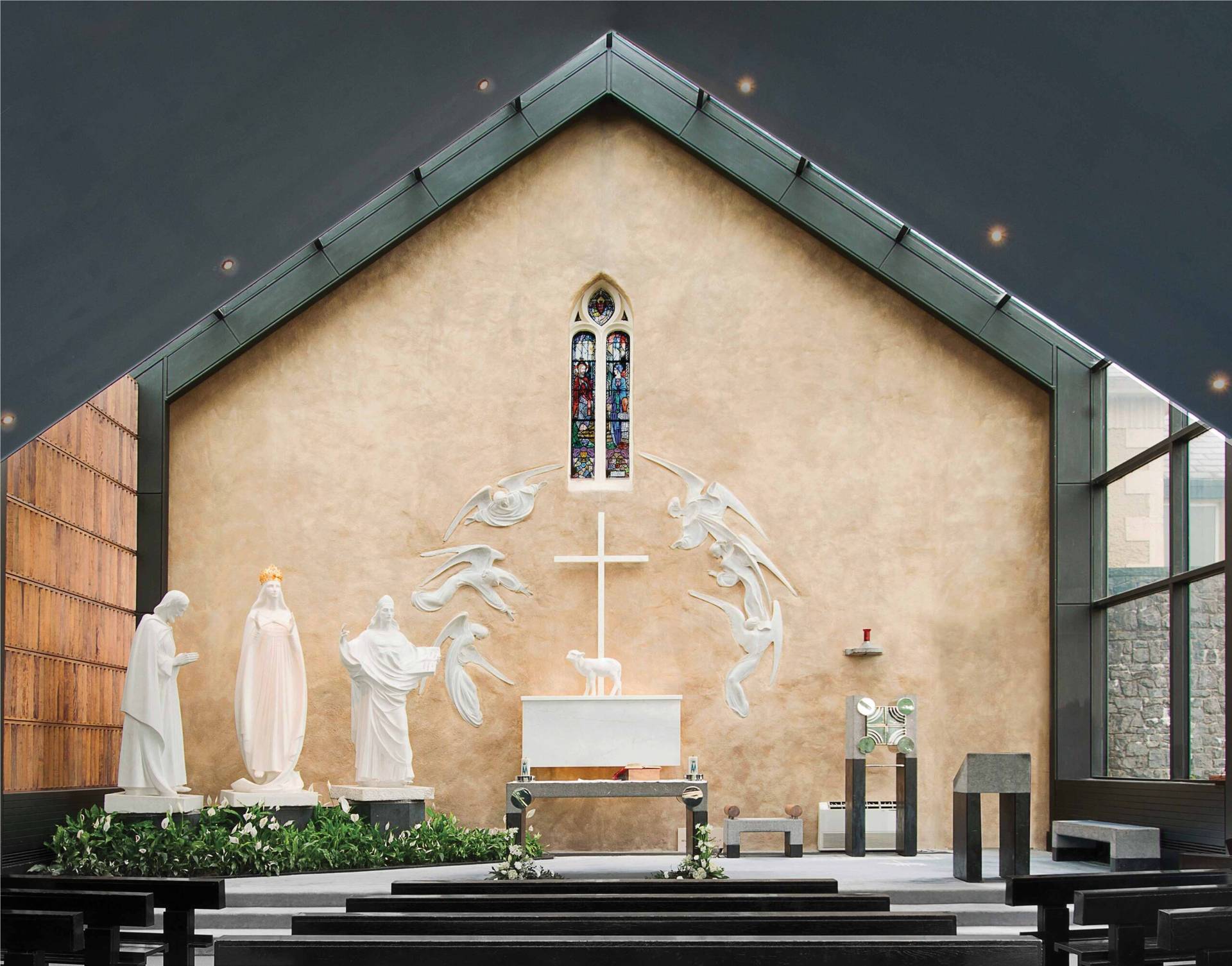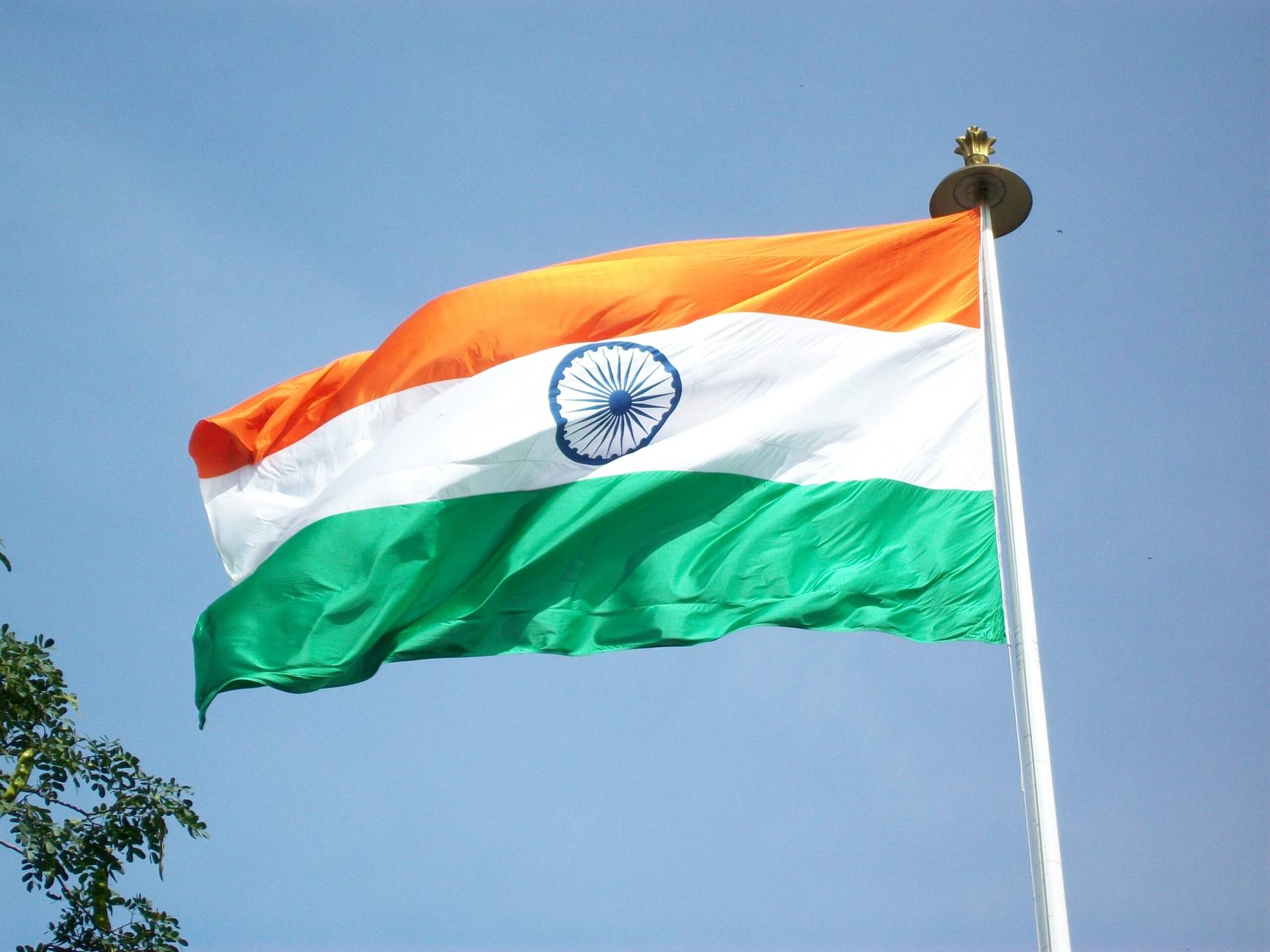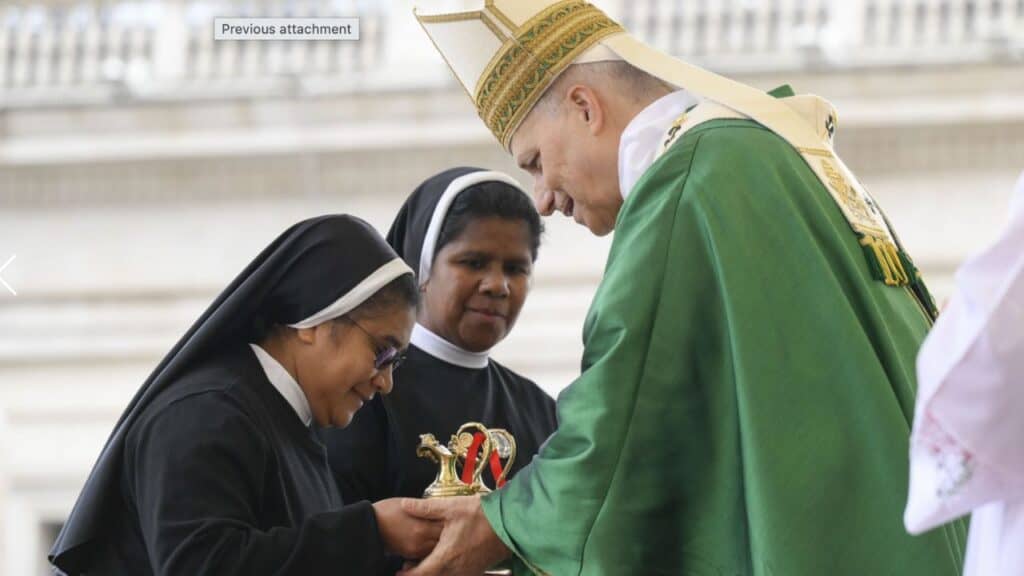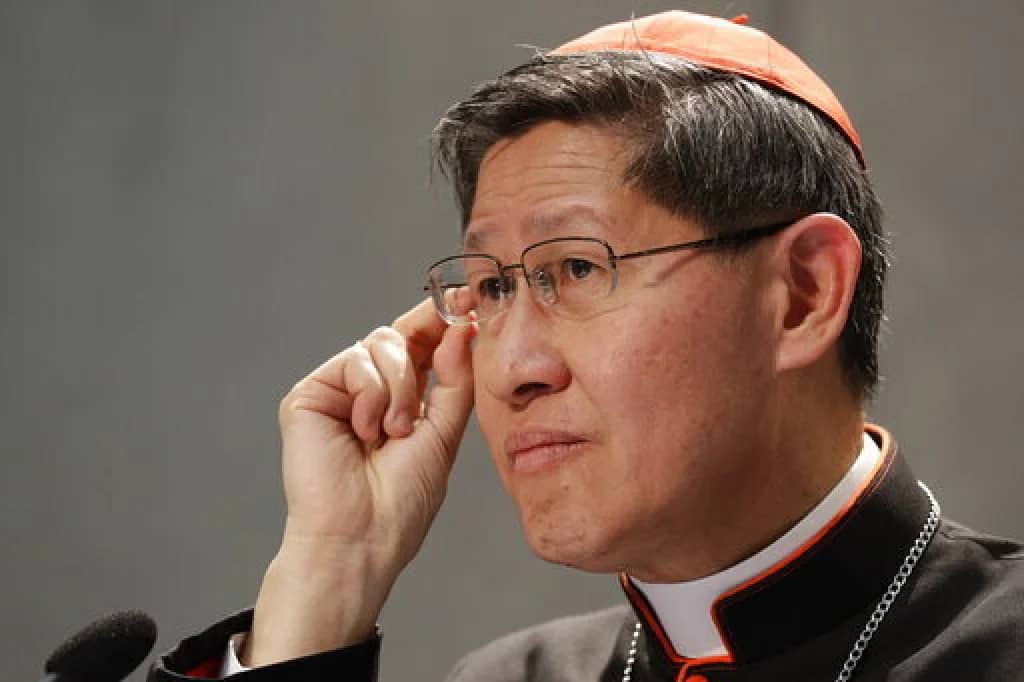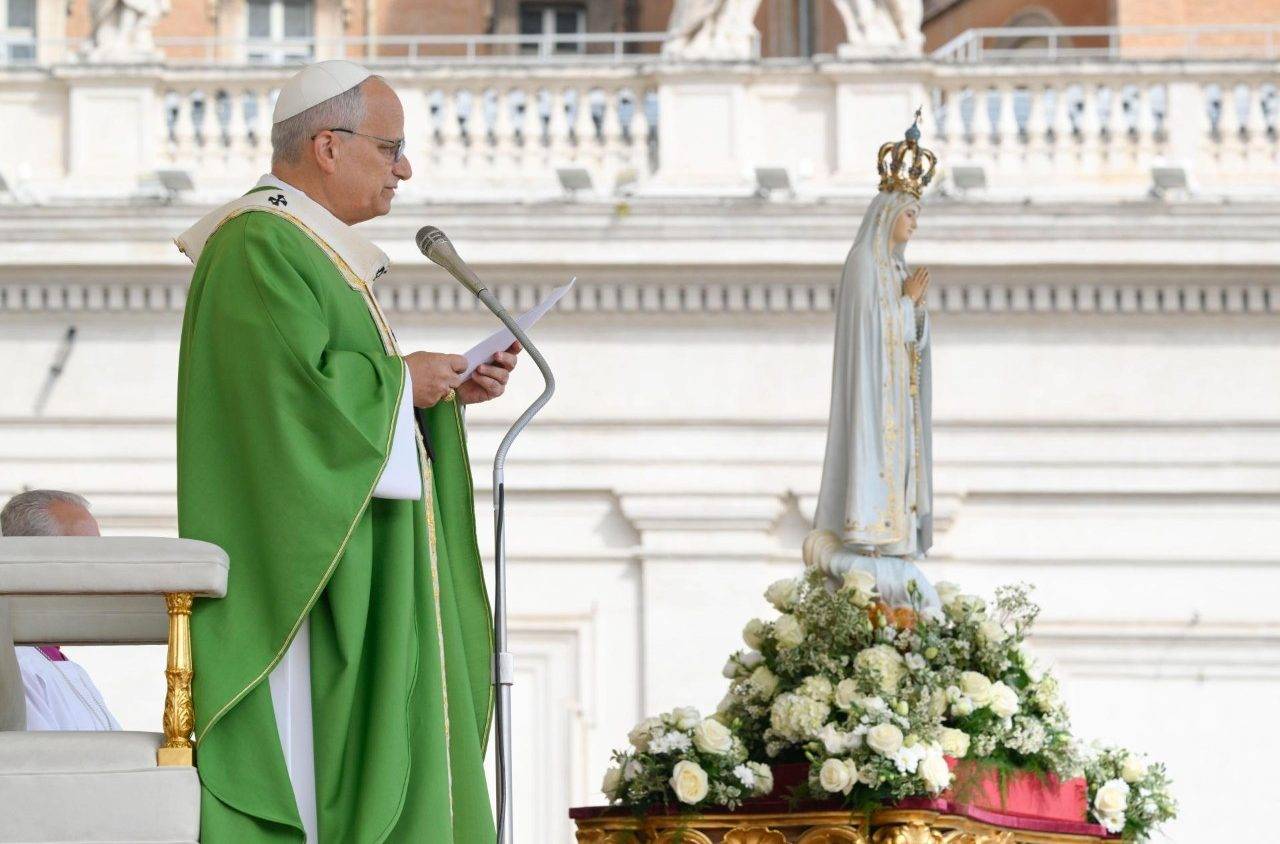[Editor’s Note: Matthew Levering holds the James N. and Mary D. Perry Jr. Chair of Theology at Mundelein Seminary. He is the author or editor of more than forty books on topics in dogmatic, sacramental, moral, historical, and biblical theology. He co-edits two quarterly journals, Nova et Vetera and International Journal of Systematic Theology. He co-founded the Chicago Theological Initiative and has directed the Center for Scriptural Exegesis, Philosophy, and Doctrine since 2011. He spoke to Charles Camosy about the state of theology in America.]
Camosy: Could you broadly characterize the health of Catholic theology in the United States in our current moment? What, in your view, is the state of the field?
Levering: There are so many theologians doing interesting and valuable things. I am particularly grateful for theological work that begins with divine revelation, with the salvific and powerful word of God. It seems almost incredible: Can God – the mysterious infinite source of being, the source of this extraordinary and almost unfathomable cosmos of ours, with its deeply beautiful but also deeply troubling (despite God’s infinite goodness) elements – really have spoken through the intensively and openly historically and culturally embedded words, stories, and prayers of Scripture, and even more, can God really have chosen a people, given it a law, guided it through kings and prophets, until in the ‘fullness’ of time (whatever that might mean) God became incarnate as one of us, preached and modeled the path of true life and love, healed people as a mark of his power, suffered for us on a Roman cross, rose from the dead, and sent his Spirit to inaugurate a kingdom of love in which his people would follow his path of tribulation in self-sacrificial love until the consummation of all things, and what would such a consummation possibly be like?
More than this – could it be that the saving truth given us in and through the inspired Scriptures which awaken us to the realities of faith, to the triune God and the path of deification for which God created us and the whole cosmos with us, has also been handed on and understood more deeply under the Spirit’s guidance in and through an all-too-fallible, all-too-bumbling Church, which constantly bears the embarrassing marks of accommodation to the cultures and mores of the cultures through which it passes?
Could the Church in its historical particularity – which surely is all too ‘uncatholic’ when compared with the pluralism that marks the ‘universality’ of the world, yet whose catholicity opens up to the fullness of all vocations of love – really is the bearer of the truth of all reality, namely, the bearer of (the body of, the bride of) the Christ who has come to challenge our sinfulness and to redeem us with a judgment, mercy, and love that means that even now our lives are hid with him at the right hand of the Father, and that we await the everlasting radiance and transparency of all things to the luminous and unfathomable communion of the divine Persons who are one God?
To the extent that our field is actually engaged with this wondrous mystery of marital intimacy with God through Christ and his Spirit – probing this mystery, seeking to live it and to speak about how it might be lived, seeking to understand and communicate it without neutering it by submission to the fads and Zeitgeist of the era (while picking up upon the real contributions of the era!) – then our field truly has something to say to people who, created for interpersonal communion and marked by the constant threats of deep suffering, sinful alienation, and annihilating death, are seeking the living God and seeking a Redeemer. And I think that our field is doing a good deal of such work, though much more is needed.
In my corner of the field, I find a turn toward intersectional critical theory (intertwined with identity politics) to be one of the signs of the times. In many ways this is good as it has highlighted issues and voices that were missing from the conversation. On the other hand, it is bad because the discourse is hegemonic and is leading toward the privileging of history and sociology over theology. If current trends continue, I predicted that theology will be pushed nearly exclusively to the seminaries and universities will continue their move toward religious studies. What is your sense of these trends?
Ultimately, there is a strong push in academia to turn away from the deepest questions. I have read the work of Patricia Hill Collins and I find it does not go deep enough. Theologians are tempted to believe that the deepest issue, the deepest reality is power. If we could only ensure that the structures of power were level, that those currently on the power-margins had sufficient power, then the pain of life would be greatly lessened. I don’t believe this. The pain of life is much deeper; it comes as we face the many layers of inner alienation, desire for communion, profound weakness, and slippage into utter and everlasting annihilation.
There is a profound unhappiness even among highly powerful and wealthy people. In love, we are meant to go to the poor, including those living in deep impoverishment and vulnerability, and our task is to go to them, our fellow sinners and fellow sufferers, with and in the fullness of the Gospel. They have a Redeemer, Jesus Christ; they have a path of love, Jesus Christ. Wealthy people and poor people meet together in the Gospel, and the Gospel, lived in its fullness, is the path of community and life. The power of the Cross leads us into the mysterious truth that love is the true reality, before which power bends the knee.
In the same piece I linked to above, I characterized most of our professional venues for theological exchange — including the Academy of Catholic Theology (ACT) — as kinds of “safe spaces” where largely like-minded people meet without really facing major challenges. I know that you have a different view on this, though, especially when it comes to ACT.
In the theological academy and the academy more broadly, my ‘voice’ is on the margins to such a degree that I would be seen as too ‘conservative’ to be hired in many university departments of religious studies/theology, as you know; and when I have worked with colleagues who find my perspective too conservative, it has been painful since in such contexts I am not part of the ‘we’, however kind my colleagues might be. There does need to be a ‘we’ where Catholic theologians, often rather isolated in departments that have distanced themselves from Scripture and Tradition as normative, can come together to discuss the mysteries of God and Jesus Christ.
Fortunately, there are a number of theologians who are interested in doing this, as I indicate above. But while such theologians share an understanding of faith as a response to God’s authoritative word in Scripture and Tradition, they generally disagree profoundly with each other about the details: The patristic scholars are at odds with the Thomists, who are at odds with the Balthasarians, and the biblical scholars see things from an entirely different perspective, not to mention all the other widely diverse modes of approach. So, the Academy of Catholic Theology attempts to have a unity at the level of first principles but there is debate, and delightful argumentation, on every aspect.
The experience is one of moving outside the comfort zone of one’s specialization and one’s school of thought, and having to stretch to hear how others, often quite at odds with oneself, engage the gospel. The Academy of Catholic Theology does not attempt to replace other professional venues for theological discussion, but it does attempt to stimulate an interdisciplinary conversation across schools of thought that is rooted in shared first principles. My purpose in going there is simply to learn from experts in diverse fields. I have never spoken there in my decade of attending, but I have learned a great deal.
But even what you mention here, though obviously an admirable example of rigorous debate, isn’t really the kind of meeting place for debate among a wide range of theologians, especially those who differ on foundational questions across–for lack of a better way of saying it–the full left to right spectrum of the field. Can you think of ways we can better engage across such difference?
This is why God has raised up people who have the gift of conversation across the gaps that separate Catholics from each other, for which gift God be praised!
Frankly, for various reasons, I was always on the blacklist of the left-wing (in part because I studied under Father Matt Lamb who was anathema at Boston College at the time, and in part because of my own focus). I read the books of the left-wing but I am not sure that they read mine; my books are rarely reviewed in Theological Studies, or engaged seriously. That is fine with me because I write to learn and I’m not trying to get reviews. But I have always felt that if the left-wing could put an end to voices like mine, they would do so. I think that this is because my understanding of the sources and obligations of theology is so different from that of left-wing academic thinkers. The heart of the difference is not easily bridged because neither ‘side’ feels comfortable bridging it.
At stake is the formation of students. I seek to have students (undergrad and grad) to be formed to understand the communicative power of Scripture and Tradition to be such as I understand it, guided by Dei Verbum. People on the other ‘side’ are not keen to have me come teach this to their students. So how might the divide be bridged? I think that the answer ultimately might be through working on shared existential matters such as dying, alienation, suffering. I also try to cite left-wing Catholic works in the body and footnotes of my books and to engage seriously, regularly, and fairly with such perspectives. But, although I thrive on Jewish-Christian dialogue and Catholic-Evangelical dialogue, I don’t have the gift of conversation with left-wing Catholics. What people like me need is bridge-builders who have been given this gift. Maybe I can find a left-wing Catholic who would want to enter into a theological discussion with me, without me being outnumbered or put down pejoratively. That could be fun and a moment of grace.
Still, if the common ground is not belief in Jesus Christ as the Lord and Savior of humankind, and if the authority of Scripture and Tradition to communicate God’s word is not a shared ground, then I am not sure what a dialogue can do besides expose the divide. So that’s where God raises up people who have the charism needed for this sort of dialogue.
If the academic powers-that-be care about marginalized voices, then they will find that they need more voices such as mine in the departments (and there are many) where they have power and where at present there are few dissenting voices. But in my view, the need in Catholic theology is to hear the voice of Christ in and through Scripture and Tradition; it is only this voice, really, that will take anyone to the margins.
What comes next for you? What are you working on these days?
I am working on a book called ‘Engaging the Doctrine of Israel’. It will have chapters on creation, people and land, king and temple, prophecy, wisdom, and so on. Each chapter will involve an extensive dialogue with a contemporary or twentieth-century Jewish theologian. The history of Catholic interaction with and understanding of the Jewish people has been so terrible, so filled with sin and abuse on the part of Catholics. God willing, the book will be a positive contribution, without watering down the Catholic affirmation of Jesus as the Messiah. I am also working on the theology of conscience and some other projects as well. My projects are always just excuses to read the writings of others.
